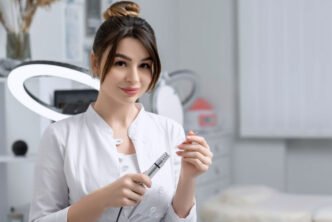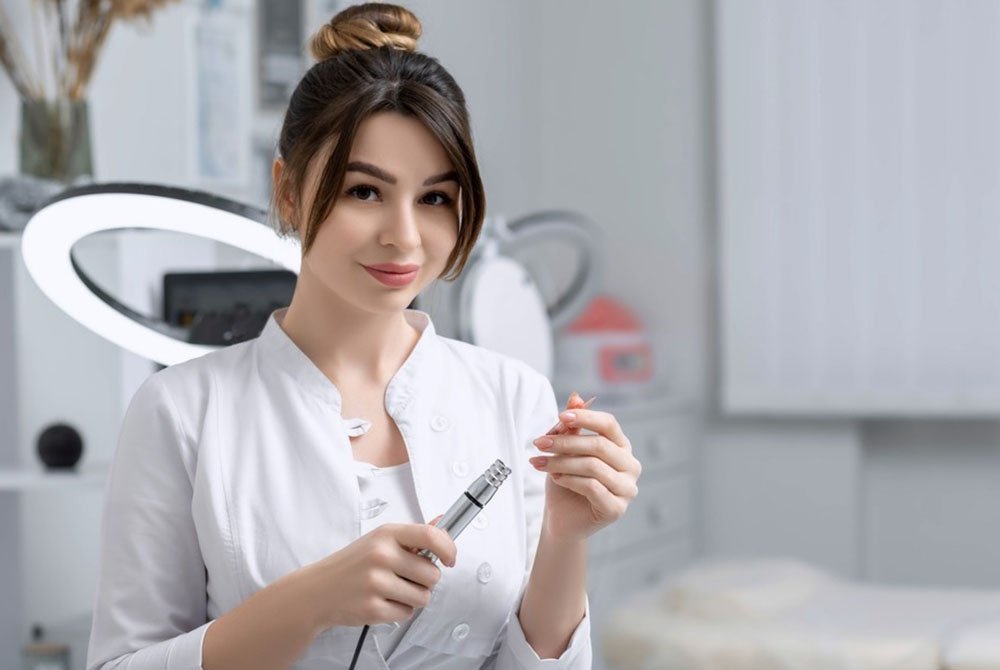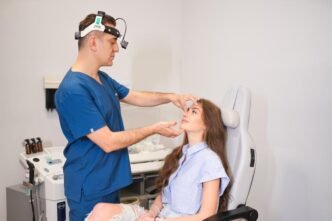The cosmetic injectable market is rising due to demand for non-surgical cosmetic enhancement. People want Botox, dermal fillers, and other injectables to renew their look with little downtime and danger. You must complete study and practical experience to become a cosmetic injector. We’ll cover everything from credentials to abilities to help you get into this rewarding job in this post.
Understanding the Role of a Cosmetic Injector
A cosmetic injector’s primary responsibility is to administer injectable treatments, such as Botox, dermal fillers, and other skin-enhancing products. These treatments help patients reduce wrinkles, restore facial volume, and achieve a more youthful appearance.
As a cosmetic injector, you must possess a deep understanding of facial anatomy and the products you’re working with. Knowledge of the latest trends and techniques in aesthetics is also crucial. The job requires precision and attention to detail, as well as excellent interpersonal skills to communicate effectively with clients and build trust.
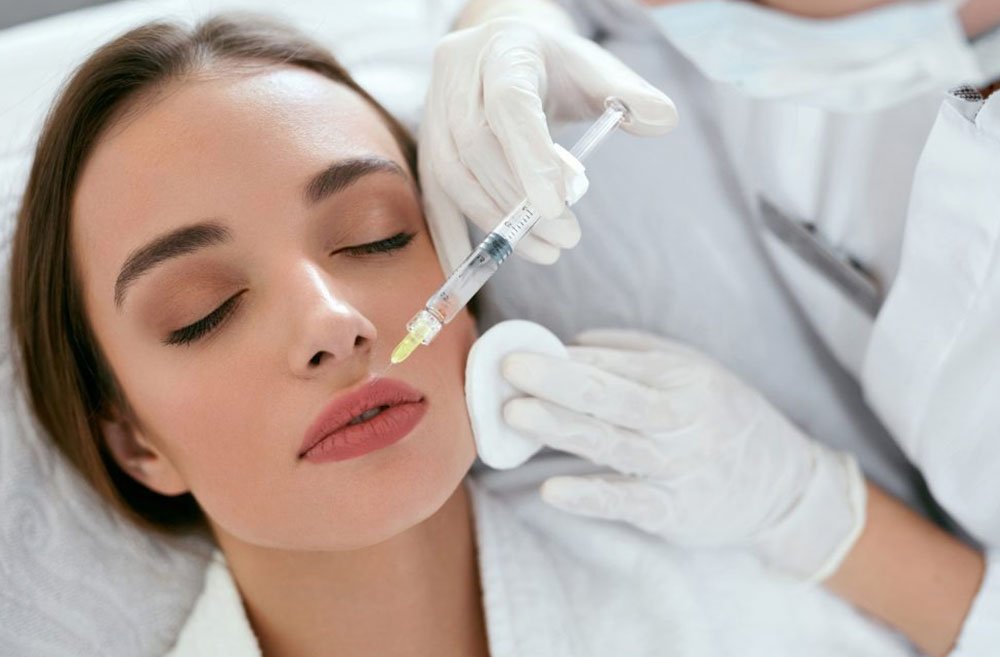
The Demand for Cosmetic Injectors
In recent years, cosmetic injectables have become some of the most sought-after aesthetic treatments worldwide. According to the American Society of Plastic Surgeons, botulinum toxin injections like Botox and dermal fillers are among the top non-surgical procedures performed each year. This growing demand means that qualified injectors are increasingly sought after, offering plenty of job opportunities.
The rise of social media has also played a significant role in promoting cosmetic enhancements. With influencers and celebrities sharing their cosmetic journeys, more people are considering these non-invasive procedures, making it an excellent time to enter the field.
Educational Requirements
The first step to becoming a cosmetic injector is to obtain the necessary educational qualifications. In most countries, you must be a licensed medical professional to perform injectable treatments. This typically means becoming a:
- Registered Nurse (RN)
- Nurse Practitioner (NP)
- Licensed Physician (MD or DO)
Other healthcare professionals, such as dentists or physician assistants (PAs), may also be eligible to perform cosmetic injections depending on the local regulations.
If you’re not already in the medical field, you’ll need to complete the relevant education and licensing exams. For example, to become a registered nurse, you must complete a nursing degree (either an Associate’s or Bachelor’s degree) and pass the NCLEX-RN exam.
Specialized Training in Aesthetic Injectables
Once you’ve obtained your medical qualifications, the next crucial step is to undergo specialized training in aesthetic injectables. These courses are offered by accredited aesthetic institutions or professional organizations and teach you the skills necessary to perform these procedures safely and effectively.
In these training programs, you’ll cover:
- Facial anatomy and how different muscles and tissues respond to injectables.
- Different types of injectables such as Botox, hyaluronic acid fillers, and collagen stimulators.
- Injection techniques for various areas of the face.
- Treatment protocols, patient consultations, and managing expectations.
- Identifying and handling complications or side effects.
The hands-on component of the training, which involves working on live models, is especially critical. It allows you to develop your injection technique under the supervision of experienced professionals.
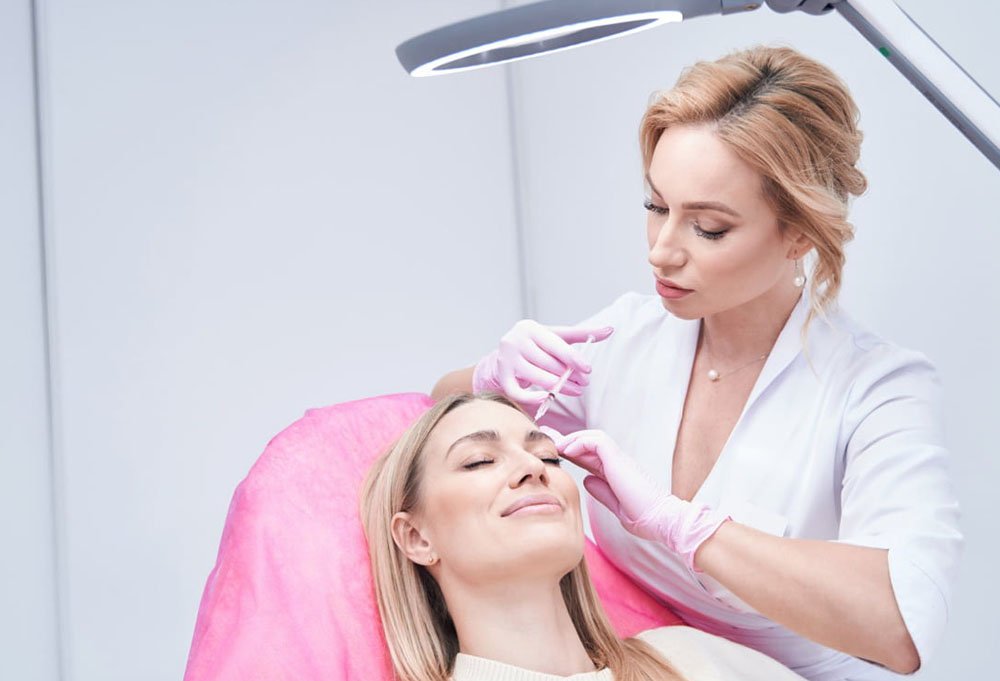
Certification: Is It Necessary?
Certification is an essential step for many aspiring cosmetic injectors. While some regions may not mandate certification, having one can make you more competitive and demonstrate your commitment to high-quality patient care. Reputable organizations such as the American Academy of Facial Esthetics (AAFE) and the American Board of Cosmetic Surgery (ABCS) offer certification programs that are recognized within the industry.
Certification programs typically involve both theoretical and practical exams, ensuring that you have the competency to handle various injectables and treatments. Even if certification isn’t required in your area, it’s a good way to boost your credentials and attract potential clients.
Gaining Practical Experience
Education and certification alone aren’t enough to become a skilled cosmetic injector. Like any medical profession, hands-on experience is vital. After completing your training, you’ll need to work under the supervision of a more experienced injector, ideally in a clinical setting like a medical spa, dermatology office, or plastic surgery practice.
During this period, you’ll refine your techniques, learn to handle different types of patients, and build confidence in your ability to achieve the desired outcomes. Practical experience will help you develop a sense of when to be conservative and when to take more risks, crucial for delivering results that clients will love.
Building Client Relationships
Building customer trust is crucial to cosmetic injecting. Cosmetic operations are elective, therefore your clients want to change themselves. Consultation requires clear communication, understanding their aims, and explaining potential outcomes.
Empathy and genuine concern in clients’ needs build long-term partnerships. Happy customers will return for more treatments and refer you to friends and family.
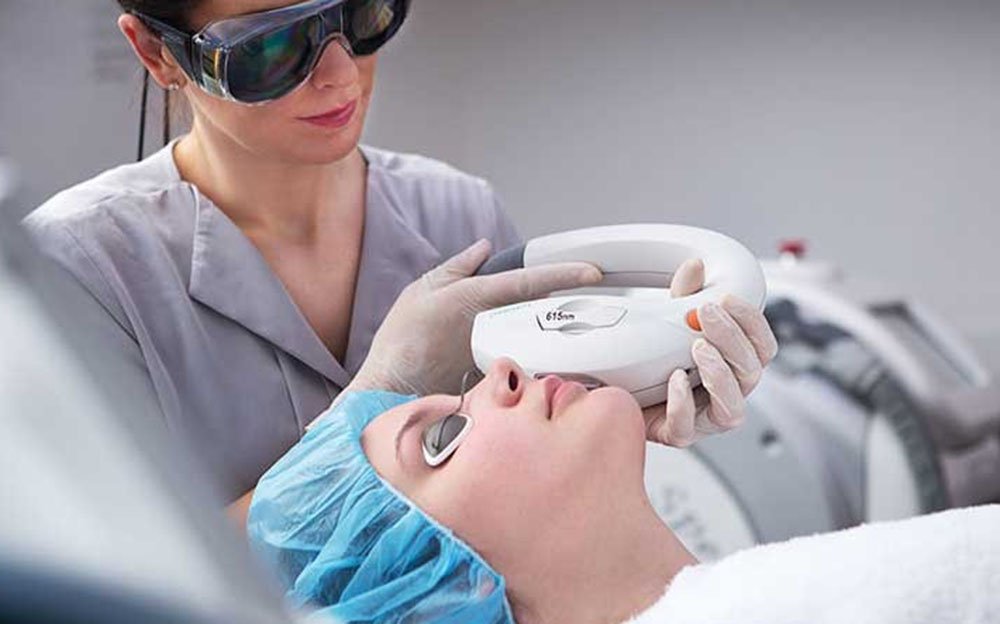
Safety Protocols and Ethical Considerations
As a cosmetic injector, patient safety should always be your top priority. This includes understanding the potential risks associated with injectables, such as bruising, infection, or allergic reactions. Adhering to hygiene standards and ensuring you only use FDA-approved products will minimize the risk of complications.
Ethically, it’s important to ensure that you only perform treatments that are appropriate for your patients’ needs. Over-promising or performing unnecessary procedures can damage your reputation and could even lead to legal issues.
Staying Updated with Trends and Innovations
The cosmetic injectable sector evolves quickly. Staying current with new goods, technology, and methods is crucial. Attend workshops, read relevant publications, and network with other experts to maintain your skills.
Combining injectables with laser therapy, microneedling, or platelet-rich plasma is becoming increasingly popular as consumers seek minimally invasive therapies. Offering extra services makes you more flexible and appealing to clients.
Networking and Continuing Education
Networking with other professionals in the aesthetic industry can provide valuable insights and business opportunities. Attend conferences, industry events, and webinars to expand your knowledge and connect with others in the field.
Also, consider enrolling in continuing education programs to stay on top of emerging trends and refine your technique. Many organizations offer ongoing training to keep injectors updated on new technologies and safety protocols.
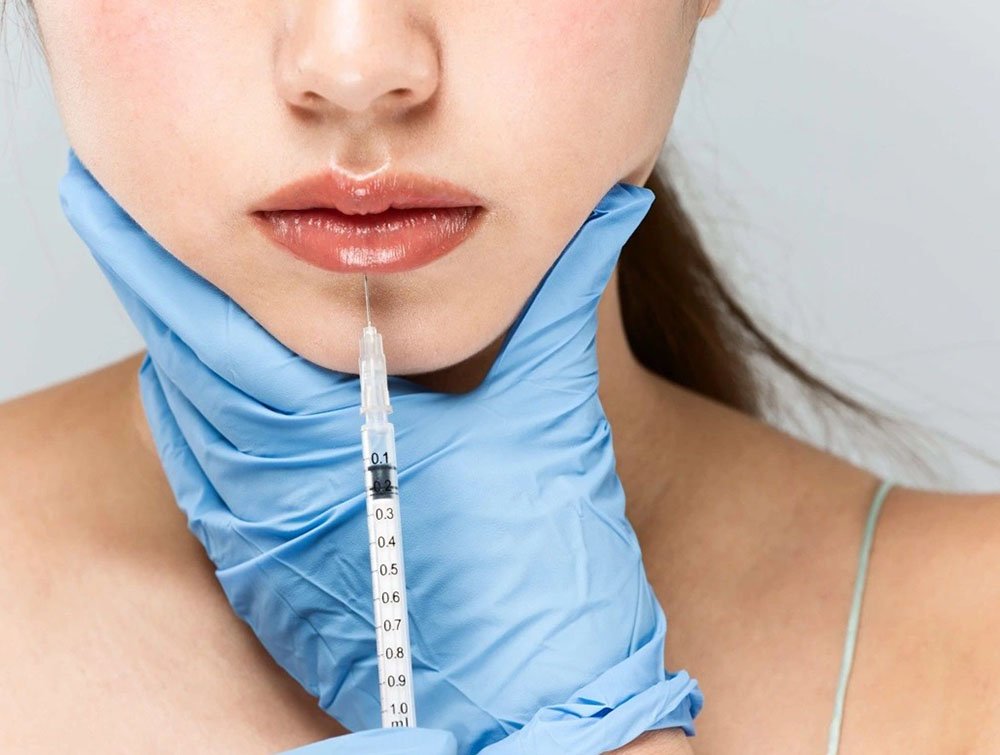
Building an Online Presence
A solid online presence is crucial for obtaining new clients in the digital era. Instagram is great for before-and-after photographs, client testimonials, and expertise promotion.
Having a professional website and great customer reviews may further increase your trustworthiness. Make sure your web material shows your expertise, professionalism, and commitment to excellence.
Setting Up Your Own Practice
If you’re ambitious, after gaining enough experience, you might consider setting up your own cosmetic injection practice. This is a great way to increase your earning potential and establish your brand in the industry. However, this step requires careful planning, including legal considerations, business management, and marketing.
The Financial Outlook
Cosmetic injectors can earn a substantial income, especially as they gain experience and build a loyal client base. On average, the salary for cosmetic injectors can range from $60,000 to $150,000 annually, depending on experience, location, and whether you’re employed or self-employed. In addition, many injectors charge clients per session, allowing for additional earnings.
Challenges and Rewards
Like any medical profession, being a cosmetic injector comes with its challenges. These include managing patient expectations, handling potential complications, and staying updated with changing trends. However, the rewards of helping clients feel better about themselves and the flexibility the career offers can make it incredibly fulfilling.
Frequently Asked Questions
1. What qualifications do I need to become a cosmetic injector?
You must be a licensed medical professional, such as a nurse, physician, or dentist, depending on your region’s regulations.
2. Is certification required to practice as a cosmetic injector?
Certification is not always mandatory, but it is highly recommended and often preferred by employers for credibility and patient safety.
3. How long does it take to become a cosmetic injector?
It depends on your starting point. If you’re already a healthcare professional, it may take 3–6 months of specialized training.
4. Can I perform injectables if I’m not a doctor?
Yes, as long as you are a licensed healthcare professional like a nurse, nurse practitioner, or dentist, based on your location’s regulations.
5. How do I gain hands-on experience as a cosmetic injector?
Work under the supervision of an experienced injector in a medical spa or clinic to practice and refine your skills.

